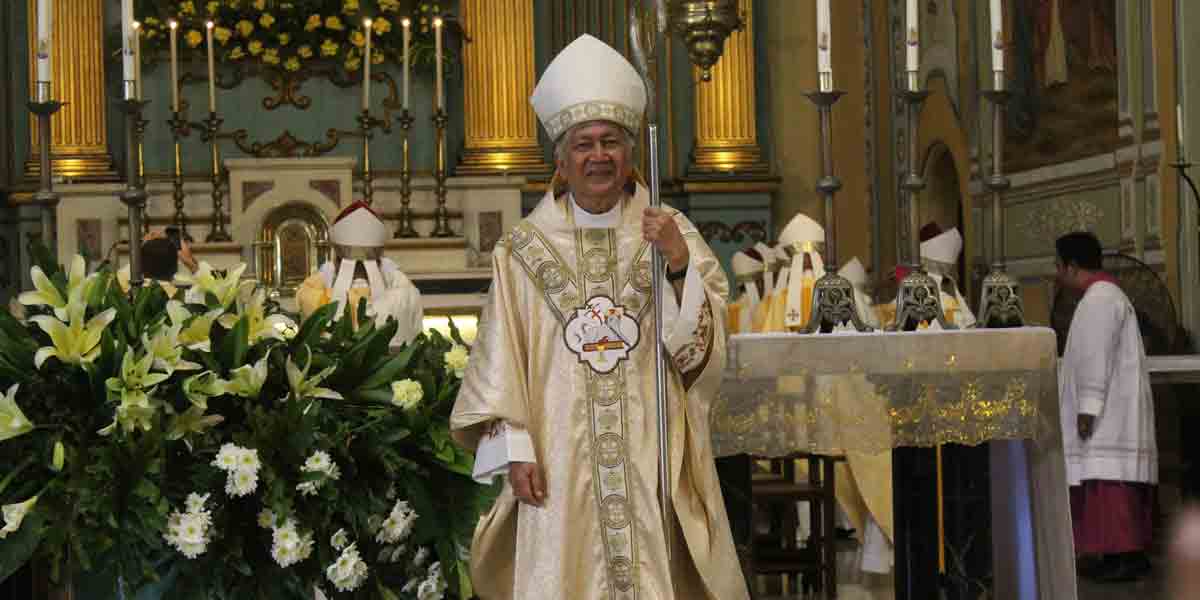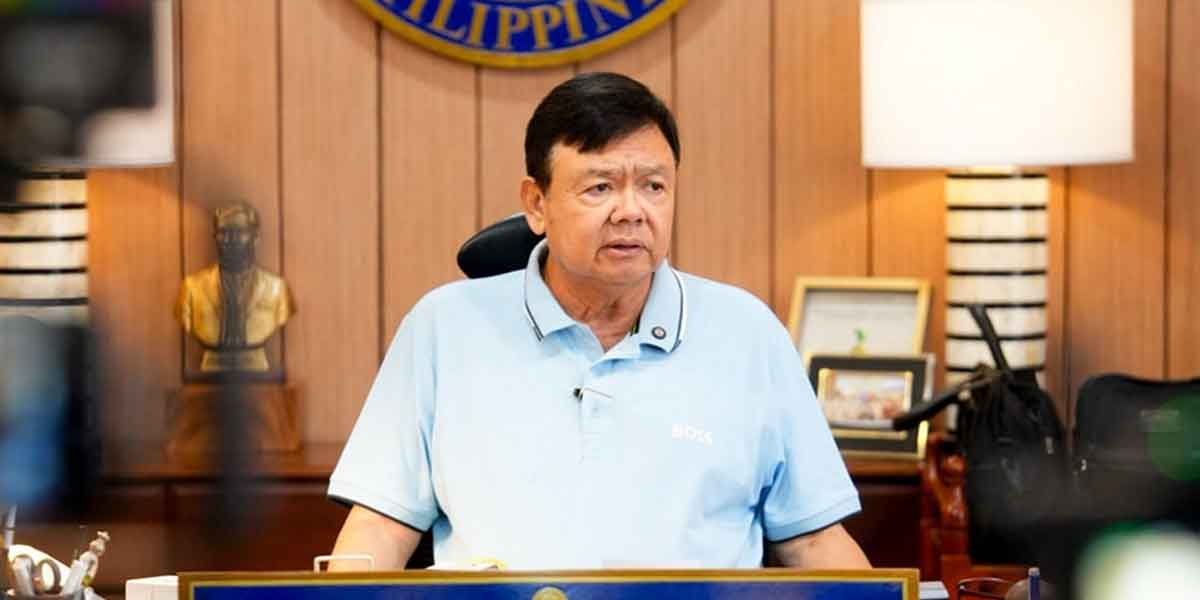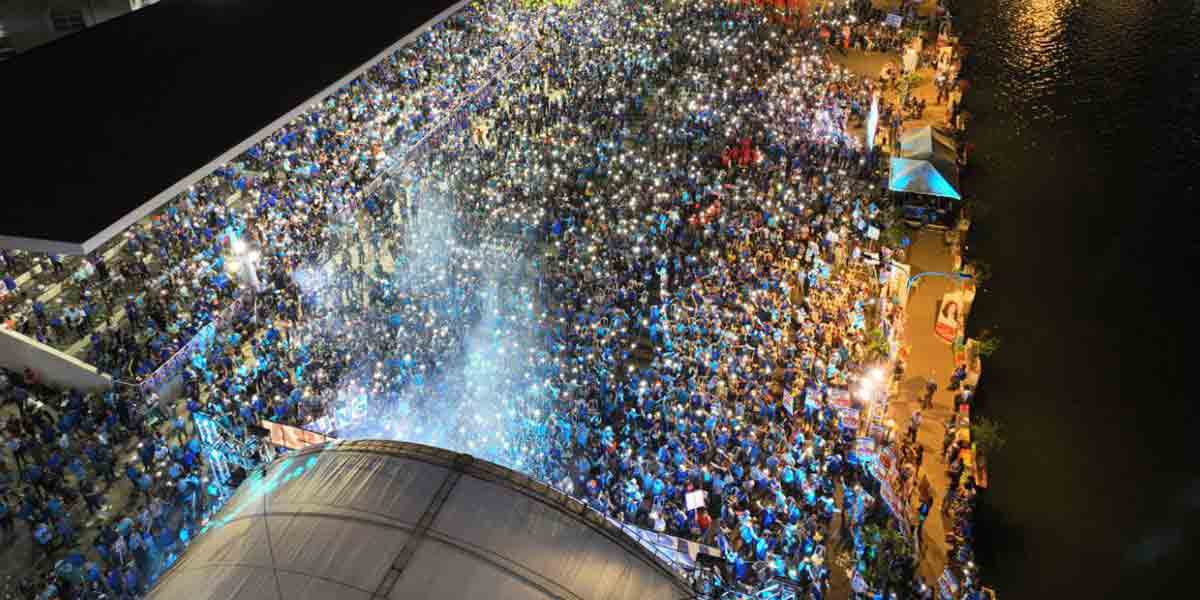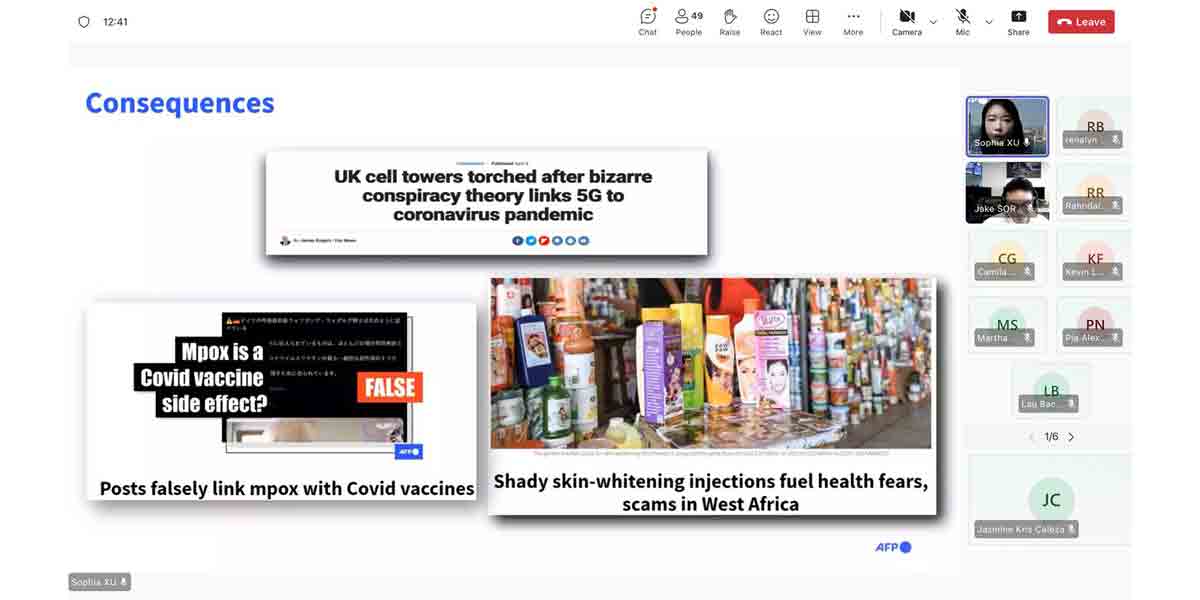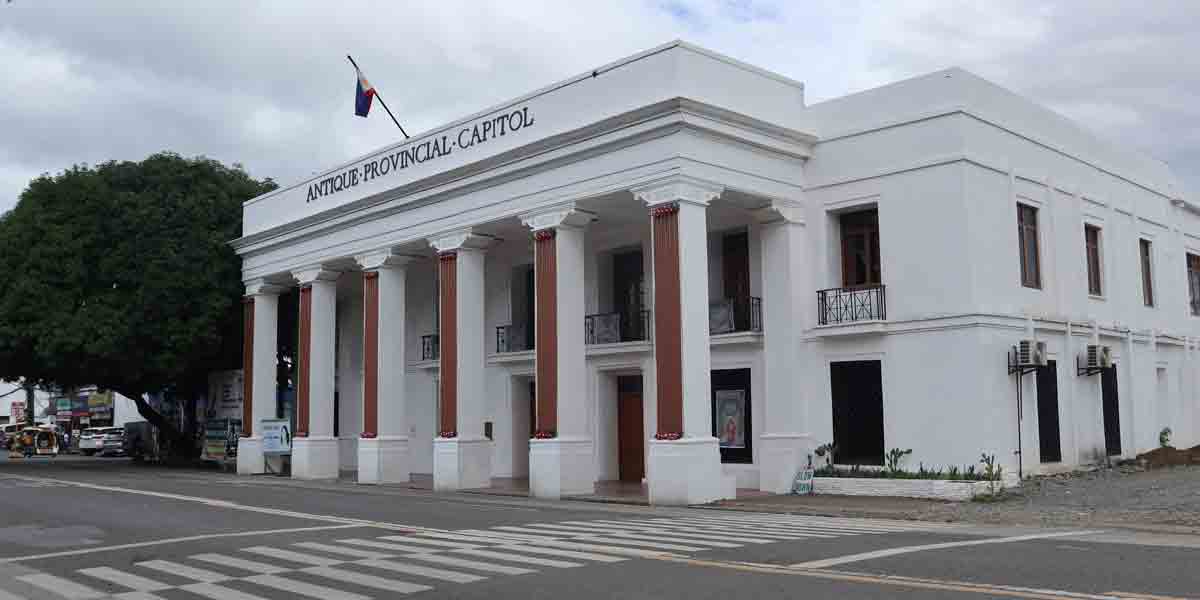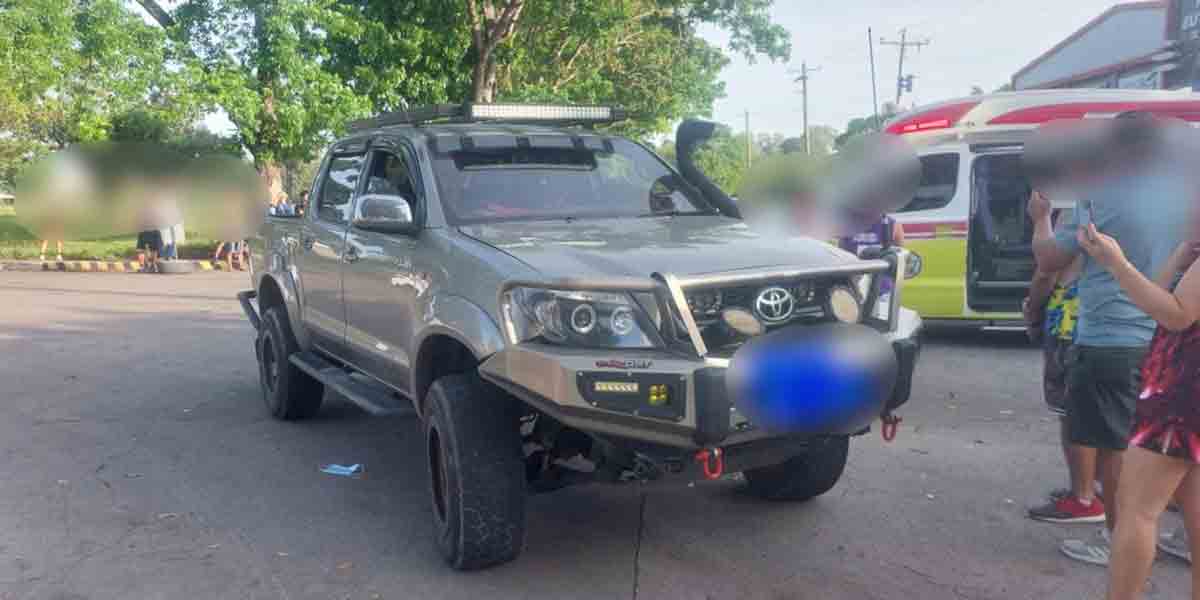By Brian M. de la Cerna
I assume everyone likes John Krasinki’s “A Quiet Place,” which received global critical acclaim when it hit theaters back in April of 2018.
But there is something deeply disturbing and interesting about this horror film, and it is not the flesh-eating creatures that hunt by sound: it is the politicians that lurk in the movie. Fixed in its premise and imagery is a perfectly depicted image of silencing the critics, dissenters, and political opponents in the Duterte era.
In the movie A Quiet Place, there has been some sort of invasion and all of humanity lives in fear of hideous giant creatures that stalk the land. However, they are blind, but have advanced hearing. To make any sound louder than a whisper is an invitation to an excruciating and swift death. So, as long as you can keep silent all the time, you’re fine.
The family in A Quiet Place is like the current situation of most critics in the Philippines, hunted by monsters with their life under assault from all angles. They are under grave threat from an enemy that they cannot have a dialogue with—an enemy that demands total silence, so hide in fear. The same goes for the Philippine government, taking down anything that makes a sound. As with the monsters in the movie, the Duterte administration is also blind to its surroundings. The plight of the marginalized sector has oftentimes been excluded from their political discussion, but rather on full-gear to attack those who make noise against the regime.
Back on April 30, 2018 an Ilonggo activist leading relief efforts for people affected by the enhanced community quarantine was shot dead in his home early in the morning. The man suffered eight gunshot wounds, including one to the head. Many believed that this is part of the impunity in political killings aimed at terrorizing activists critical of Duterte administration.
No one could ever forget Dutere’s declaration of Shoot Them Dead after residents of a slum in Manila’s Quezon City staged a protest along a highway, appealing to the government that they had not received any food packs and other relief supplies since the classified community lockdown commenced.
Anakpawis chair was also killed inside his house in Quezon City. He was found dead with multiple stab wounds and two gunshots in his head. Just recently, another activist in Bacolod City was killed. Her name was included in the supposed same 2018 list together with the other slain activists.
Activist groups have blamed the Duterte administration for this killing spree that is currently happening in our country today, but Malacañang maintained its stance that the government is opposed to any form of violence against the Filipino people, including activists and political opponents criticizing the incumbent administration.
Last July 3, 2020, President Rodrigo Duterte signed into law the Anti-Terrorism Act of 2020, otherwise known as Republic Act No. 11479 with the sole intent to prevent, prohibit, and penalize terrorism in the country, and replacing the Human Security Act of 2007. As of now, its constitutionality is currently being challenged by several individuals and groups in the Supreme Court. It has become the most challenged law of the land so far. This act has been noted by critics as the latest in a series of power grabs under the guise of national security orchestrated by the Duterte administration.
One of Duterte’s appointees and die-hard supporters, Mocha Uson, who works now as the Overseas Workers Welfare Administration-deputy administrator constantly red-tag activists turning them into communist rebels. Other government platforms are as well being utilized by the Duterte administration to satisfy their cravings to stifle dissent.
While red-tagging or labeling critics as part of rebel groups, has been observed as an obsession of Duterte and his supporters, other administration officials have also joined the cult. Our government is nevertheless systematically silencing opposition voices.
Even before the Anti-Terror Law was passed, politically motivated arrests were already common and existing. Some of the President’s critics in the Senate have been put in jail for years now. Also, while the said law was still pending for Duterte’s signature, mass arrests were conducted against the people vocally protesting for its passage
Remember when the country’s leading broadcasting company, ABS-CBN, which has been critical of Duterte was forced off-air after the House of Representatives junked its application for franchise renewal. The primary role of media in a democracy is to hold elected leaders and public officials accountable by exposing corruption and policy failures. While most politicians accept media criticism as a basic pillar of democracy, some have been known to attack the freedom of the press by attempting to silence the critical media. Indeed, there seems to be a coordinated attempt to silence critics of the government. Truly, it continuously belittles and ridicule the mainstream media, or the enemy, but favors such channels and other platforms that support the government’s twisted and dark actions and ideology.
The silence in A Quiet Place is forced, staged. Needless to say, this can be interpreted as suppression. A bone-chilling familiarity with what we have now in the Philippines. The family’s simple life is under constant threat from the monsters, that rob them of their freedom of speech. It sends a chilling effect on the people to keep quiet. At all times.
What is more terrifying about the film is the danger involved in giving birth to a child, while monsters await by the corner to launch a deadly attack. The child was born into a hostile world. Hope was brought in the faces of danger and death. It is then our duty to keep the new hopes of tomorrow from peril and uncertainty and give them a better place to live.
This makes us wonder, when did it become a crime to criticize the government? These past months, the National Bureau of Investigation, an arm of the Department of Justice, seeks after critics on social media. Let us remind them that one of the basic principles of a functioning democracy is the people’s freedom to speech and expression. And consequently, such criticism from the public is part of the political formula and in any way can help improve the government’s programs, policies, projects, and activities.
At this period of time, it leaves us to think whether it might still be possible to live a life entirely safely and even normally, or if we could just stay in fear and remain silent to avoid predators prowling in line to bite.
When the male lead character screamed at the end of the film to confront the monsters, the dramatic representation was too good and epic to be true. It speaks volume of being a critic under the Duterte regime, and that you can’t say anything against them, otherwise blood shall spill.
Assaulting our freedoms and rights is an assault to our democracy, both of which are worth protecting amid the political challenges brought about by the Duterte administration. But just like in the movie, the oppressed fought back against the monsters. Fixing what was broken and putting everything back to their rightful places. Enough is enough.

